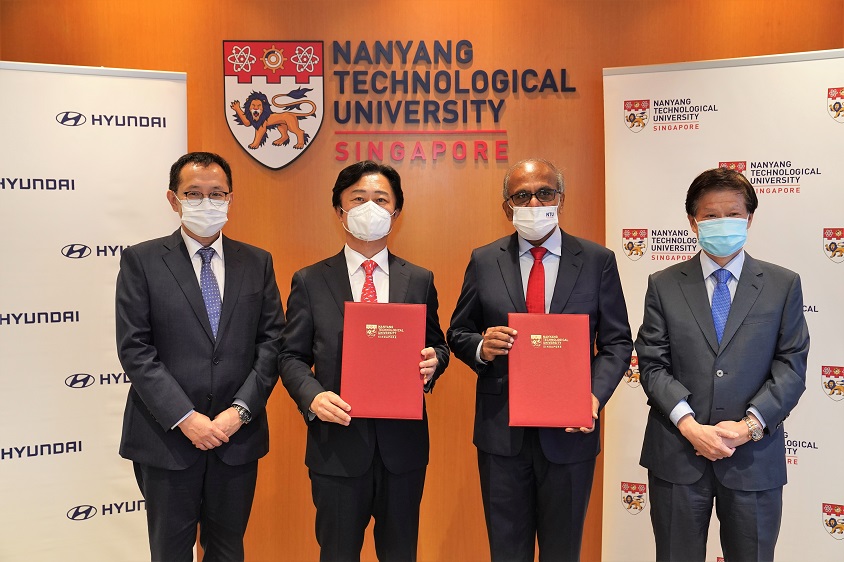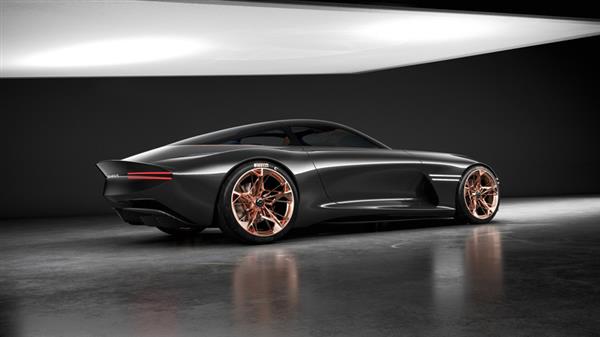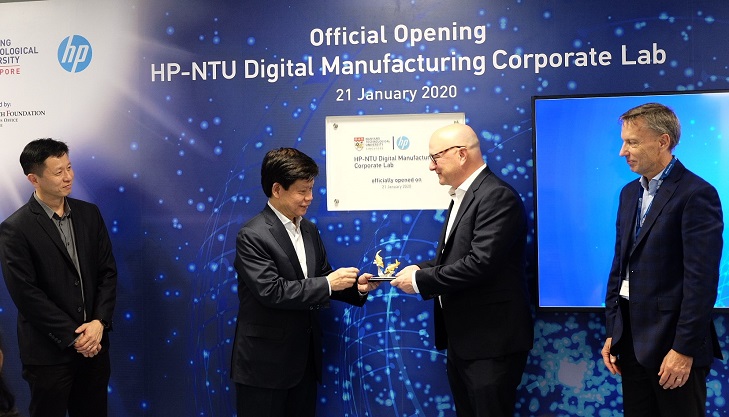Nanyang Technological University Singapore (NTU Singapore) and automotive manufacturer Hyundai Motor Group are partnering to carry out four pilot projects exploring how 3D printing and artificial intelligence (AI) can transform the manufacturing of electric vehicles (EVs).
The joint research projects will focus on leveraging 3D printing for the production of customized components for EVs and developing machine learning algorithms to detect defects during the manufacturing process.
Aside from the research and development projects, the partners are also seeking to educate those in the automotive sector on the benefits of 3D printing technology for EVs, and nurture future talent within the industry.
“The partnership between NTU and Hyundai Motor Group provides one more example of how our close collaboration with industry plays an important role in developing relevant solutions to address real world issues,” said Subra Suresh, NTU President.
“This is in line with the NTU 2025 strategic plan, which aims to address some of the grand challenges facing humanity.”

Developing future mobility fixes
In October last year, NTU Singapore was announced as the first academic research partner for Hyundai Motor Group’s Hyundai Motor Group Innovation Centre in Singapore (HMGICS). The center is an open research facility for Hyundai’s future mobility research and development, and is due to be completed by the end of next year.
“HMGICS aims to build an ecosystem for the future mobility industry based on open innovation,” said Youngcho Chi, President and Chief Innovation Offer at Hyundai Motor Group. “We are going to strengthen collaboration with NTU and develop advanced solutions to revolutionize future mobility value chain going forward.”
The latest agreement from the partners will focus on Industry 4.0 technologies, such as 3D printing and AI, in order to advance the manufacturing processes for EVs and improve future mobility offerings within the automotive industry.
Ultimately, the project aims to transform conventional car manufacturing facilities into state-of-the-art ‘smart’ factories of the future equipped with advanced production technologies. Beginning this month, the partners will initially carry out four pilot projects investigating how 3D printing and AI can be integrated into EV manufacturing.
One project will look to ensure the quality of battery-powered EVs by developing machine learning algorithms for vehicle image processing. The companies will assess how integrating an AI-based image processing sensor into an automotive production plant could help to detect defects during the manufacturing process, and therefore ensure the end product is both safe and reliable.
Another research project will look at how 3D printing can be effectively integrated into EV manufacturing for the customization of various automotive components. To achieve this, the partners will investigate how 3D printers can be implemented into a smart factory operation to allow customers to order and customize a car model to their liking.
“This collaboration with Hyundai Motor Group will build on NTU’s core strengths, in areas such as additive manufacturing, AI, autonomous and electric vehicles, and big data to bring about benefits to the automotive industry, Singapore, and the global society,” said Suresh.

Nurturing future talent
Alongside conducting the joint research projects, NTU Singapore and Hyundai Motor Group are looking to inspire and nurture future talent in the automotive sector. To do this, the companies will launch 3D printing competitions and provide opportunities for those working in the industry to gain insights into the benefits of 3D printing technology for EVs. Through this, the partners hope to increase interest in EV manufacturing and spark new ideas for what future mobility could look like.
NTU Singapore and Hyundai Motor Group will also offer joint educational seminars to the university’s students and researchers, where academics and industry experts can exchange ideas and improve their skills.

3D printing for EVs
With the gradual decline of the combustion engine and international demand for cleaner fuels and transport options, the automotive sector is increasingly looking to leverage advanced technologies such as 3D printing to improve manufacturing processes and components for EVs.
In the past, 3D printing has been used to fabricate optimized electric motors for EVs, and the likes of automotive car giant Ford have announced plans to invest in additive manufacturing facilities for the creation of new self-driving EVs.
More recently, battery technology specialist Sakuu Corporation has developed a new industrial-grade 3D printer that is specifically optimized for producing EV batteries at scale, and UK-based Arash Motor Company has used Stratasys subsidiary Makerbot’s 3D printing technology to produce end-use components for its EV hypercars.
Meanwhile, in August binder jet 3D printer manufacturer ExOne teamed up with Maxxwell Motors to develop a unique 3D printed copper e-winding design for the manufacturer’s axial flux electric motors, which are used in EVs and industrial devices.
Subscribe to the 3D Printing Industry newsletter for the latest news in additive manufacturing. You can also stay connected by following us on Twitter and liking us on Facebook.
Looking for a career in additive manufacturing? Visit 3D Printing Jobs for a selection of roles in the industry.
Subscribe to our YouTube channel for the latest 3D printing video shorts, reviews, and webinar replays.
Featured image shows left to right: Hyundai Motor Group Senior Vice President Hong Bum Jung, President & Chief Innovation Officer of Hyundai Motor Group, Youngcho Chi, NTU President Professor Subra Suresh and NTU Senior Vice President (Research) Professor Lam Khin Yong were in attendance at the signing ceremony held at NTU on 1 Sep 2021. Photo via NTU Singapore.



